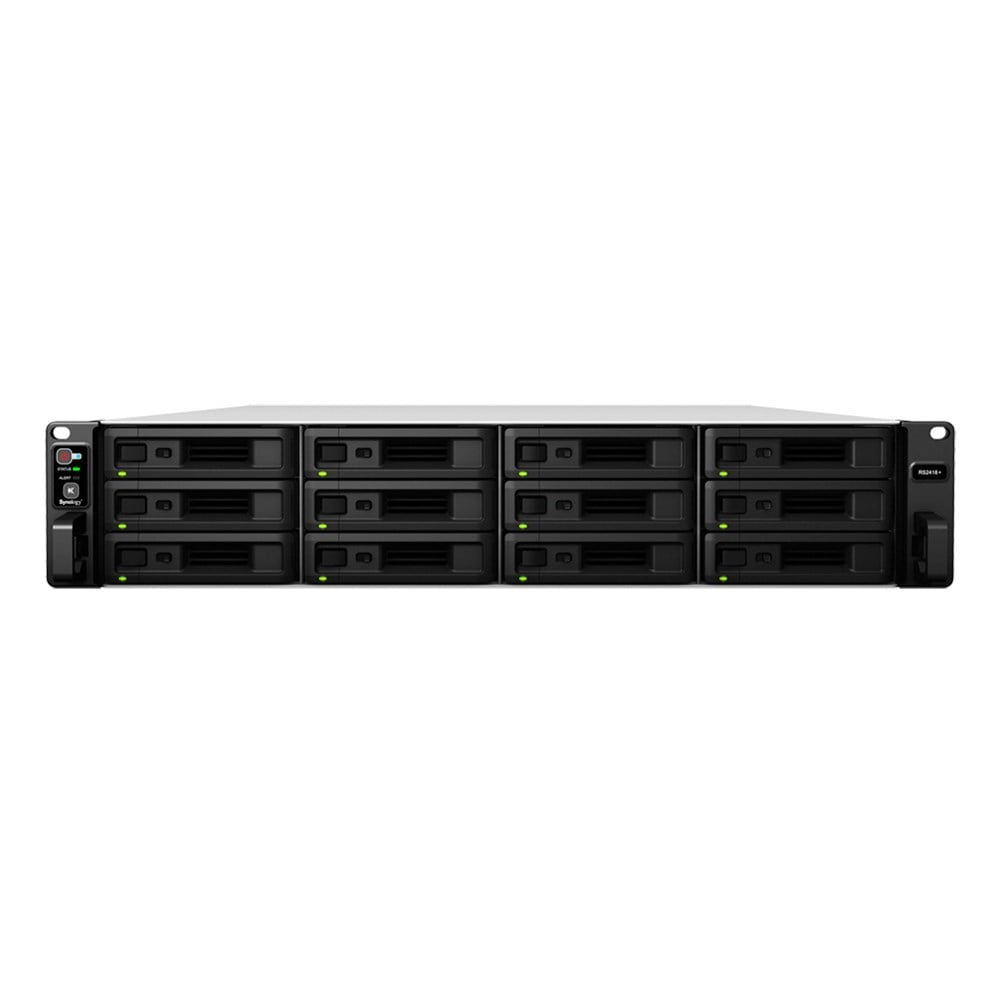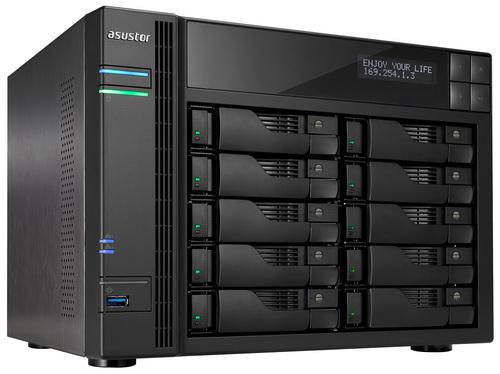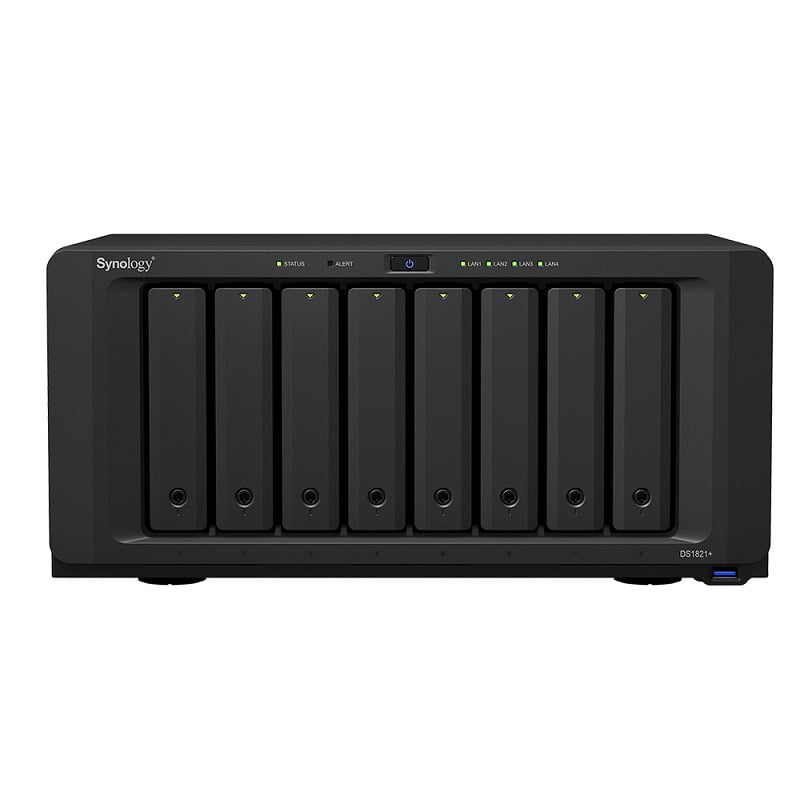If you don’t know how to pick the best (or right) NAS server, we are going to help you out. A NAS server is a piece of widely used equipment in companies. It is connected to the network and can act as storage.
How to choose the best NAS server?
When buying a new device, we must take a good look at its specifications. Let’s see what are the main factors to take into account when buying a NAS server
Number of bays
A very important point when choosing a NAS server is the maximum number of bays it has. Each bay is the space in which we can place a hard drive and thus have more or less capacity.
Maximum storage capacity
Of course, the maximum storage capacity is critical. Not all bays will support hard disks of the same size and capacity. This must always be taken into account. For example, if the bay supports disks up to 2TB we will not be able to put an 8TB disk in it.
We may need more or less space depending on the type of user we are. Consider if the device is for a big company or a common user.
RAM
RAM will provide speed when transferring data. The hardware, the capacity of our device, will be essential for optimal performance and to avoid problems.
It is not the same as a NAS to which a single person is going to connect and that could be enough to have 1 or 2GB RAM, then another that we are going to install in a company or organization where 6 or 7 people are going to connect and we would have to opt for something higher, such as 4 or 8GB.

Processor
The processor will also be essential to achieve better performance. It is another essential part of any computer and we must ensure that it meets our expectations so our server works properly and is able to respond to the requests we send.
Connectivity
Connectivity can make a difference between one NAS server and another. Some have USB 3.0 ports, which gives us more speed when transferring files from another device and also allows us to connect additional equipment. This will allow us to send and receive a greater amount of files at the same time, thus avoiding having to waste a lot of time.
Regarding the possibility of having an Ethernet port, it is another point that must be present. If it has several ports, the better. Some models also include HDMI ports, very useful for connecting to a TV or monitor. More and more users are using this type of equipment for streaming and having their own private cloud.
Power consumption
In general, we can say that power consumption will be closely linked to the capacity of the NAS. However, it is also a factor to look at when buying a NAS server. At the end of the day, it is going to be a computer that is going to be on for a long time. It is interesting to look at how much it will consume and whether a model is better for saving energy. We should look at this issue before deciding to buy one or the other.

Operating system
Depending on the model we can have one type of operating system or another. In general, we will not find big differences. Having more options to manage our files, avoid failures or even improve performance is very important. Here, the OS can be a differential factor. Also, it’s really important for your data security.
Size and shape
Not all NAS are equal in terms of specifications, as we have seen. But neither are they the same if we consider only their physical appearance. Therefore, the size and shape can also be decisive depending on our intentions with the device.





